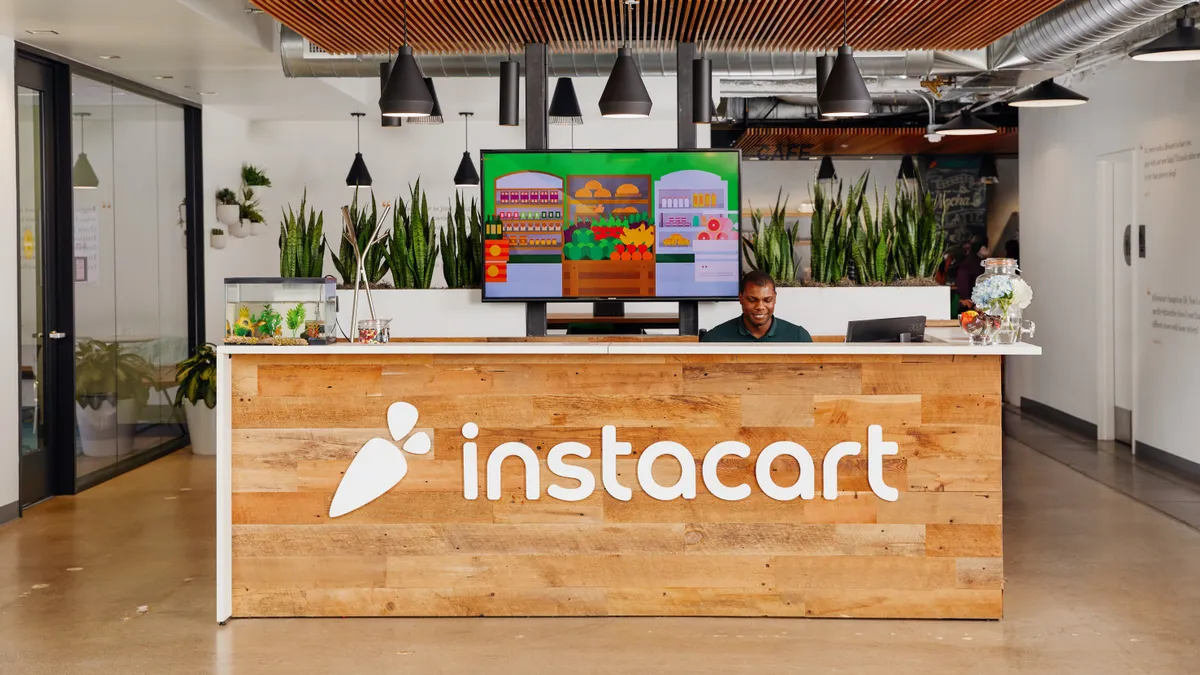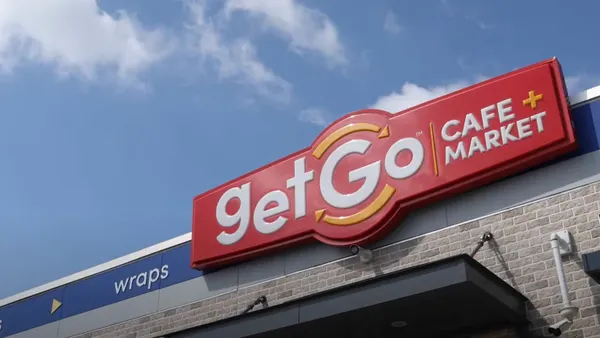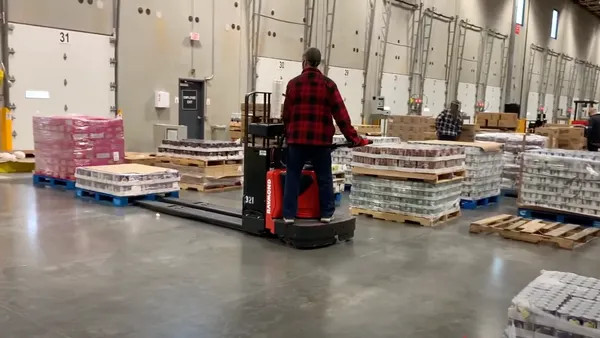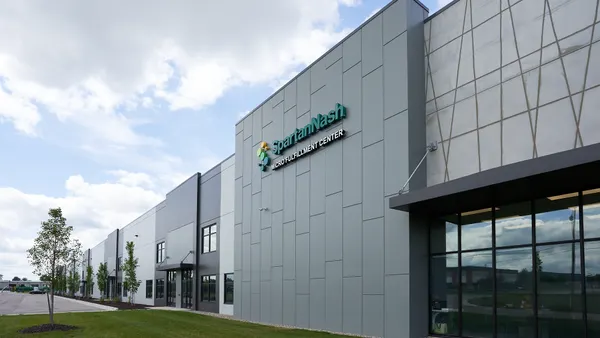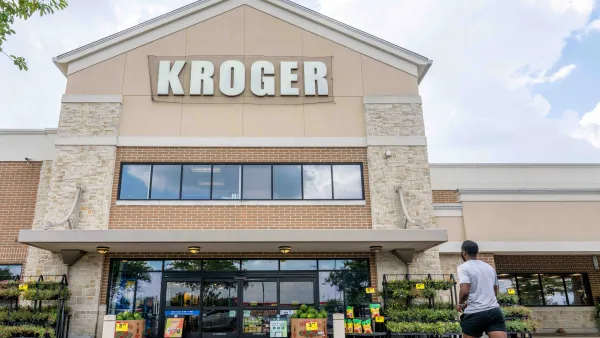Dive Brief:
- Instacart has acquired FoodStorm, an Australia-based catering software company, the e-commerce firm announced on Thursday. Financial terms of the deal were not disclosed.
- The acquisition will provide Instacart with an order management system for end-to-end order-ahead and catering services that it will integrate into its enterprise grocery e-commerce solutions.
- The addition of FoodStorm's technology follows demands by retailers to make order management of prepared foods, custom items and catering more efficient, Instacart’s Chief Technology Officer, Mark Schaaf, said in an interview. “Retailers want to bring their entire catalog of products and services on their marketplace, which more and more is prepared foods or things like sushi or birthday cakes," he said.
Dive Insight:
The acquisition of Foodstorm and its order management system helps Instacart and its partner retailers improve the purchasing and fulfillment process for online custom cakes, sandwiches, catering and prepared foods, Schaaf said.
“One of the things that we've heard from our retailers consistently and loudly is they really are looking to expand their enterprise offerings, especially with order-ahead, catering and meals," he said, noting that prepared foods are in 21% of all Instacart baskets.
Customers who buy prepared foods and catering services have "significantly" larger basket sizes and shop more frequently than those who do not, and grocers find order-ahead items and prepared foods are more profitable than traditional grocery items, he noted.
“We think meals are an enormous area of growth for grocers. We hear that directly from them," Schaaf said.
Founded 14 years ago, FoodStorm has developed white-label software that covers multi-channel ordering — including e-commerce, phone and in-store kiosks — as well as order management, payment systems and fulfillment. With the technology, grocers can manage and change the assortment offered themselves and glean insights on customer shopping behaviors, Heather Kirchner, the company’s vice president of U.S. sales, previously told Grocery Dive.
Some of the pain points for retailers around catering and prepared meals orders have been managing orders across multiple store locations and store departments as well as variations in pricing and local taxes, Kirchner said. FoodStorm aims to streamline operations with an end-to-end solution.
"The FoodStorm system can say, 'Hey, within your store location, the bakery needs to make 500 rolls for all of the Thanksgiving meals you have. The deli needs to make 700 turkeys and have those ready. The grocery needs to grab some of the sides from the different departments,'" Kirchner said.
During the pandemic, the company has developed new tools like a group ordering functionality and an “abandoned cart” add-on that alerts shoppers via email that they've left items in their online cart.
More than a dozen grocers integrated Foodstorm's software over the summer, and the company already has partnerships with several retailers that also work with Instacart, including Albertsons’ Balducci’s and Kings Food Markets banners, Bi-Rite Market, Mollie Stone’s Markets, Uncle Giuseppe’s and Roche Brothers.
Previously, Instacart had some bespoke integrations with larger retailers to address prepared foods and catering needs, but the technology wasn't scalable, and its marketplace didn't allow all of the retailers on it the ability to build prepared food orders in an efficient way that was connected to their point-of-sale systems, Schaaf said.
FoodStorm marks Instacart’s fourth acquisition, following the "acqui-hire" in 2015 of photo-sharing app Wedding Party and the acquisitions of white-label grocery platform Unata and mobile application index MightySignal in 2018. Schaaf said the decision to buy instead of build catering technology in-house was driven by the expertise of the FoodStorm team and the momentum they’ve had with retailers that also work with Instacart.
Schaaf positioned the acquisition as a way to further support retailers, noting that Instacart doesn't plan to hop into the restaurant space. “We’re not making restaurants. This is entirely in service of our partners," he said.
Additional reporting by Jeff Wells.



